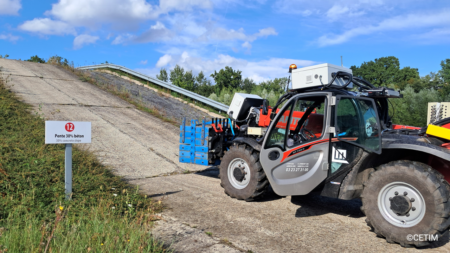Akeana, a new name in the semiconductor industry, has officially launched after raising over US$100m in capital from investors including Kleiner Perkins, Mayfiel and Fidelity Ventures. Founded by the team behind Marvell’s ThunderX2 server chips, Akeana provides a range of customizable RISC-V-based IP solutions designed to meet a variety of semiconductor markets, including automotive.
Akeana has released three processor lines alongside the formal launch of the company. These include the Akeana 100 Series, a line of 32-bit RISC-V cores that cater to applications such as embedded microcontrollers, edge gateways and personal computing devices; the Akeana 1000 Series, featuring 64-bit RISC-V cores, which supports rich operating systems and provides configurations for in-order or out-of-order pipelines, multi-threading, vector extensions and optional AI computation extensions; and the Akeana 5000 Series, a high-performance line optimized for applications in next-generation devices, laptops, data centers and cloud infrastructure.
“Our team has a proven track record of designing world-class server chips, and we are now applying that expertise to the broader semiconductor market as we formally go to market,” said Rabin Sugumar, Akeana CEO. “With our rich portfolio of customizable cores and special security, debug, RAS and telemetry features, we provide our customers with unparalleled performance, observability and reliability. We believe our products will revolutionize the industry.”
Additionally, the company provides a suite of processor system IP, including a Coherent Cluster Cache, I/O MMU and Interrupt Controller IPs. For AI acceleration, the company has also engineered an AI Matrix computation engine designed to offload Matrix Multiply operations.
“The renaissance of silicon, sweeping through our industry, is driving the rise of architectural innovations like RISC-V,” said Navin Chaddha, managing partner at Mayfield. “Akeana has everything needed to become a breakout company – a world-class team of founders and investors, the most comprehensive IP, a fair licensing model, and a compelling value proposition for aiding chipmakers in designing workload-optimized silicon solutions. I look forward to partnering with Rabin and the team in the next phase of their journey.”





